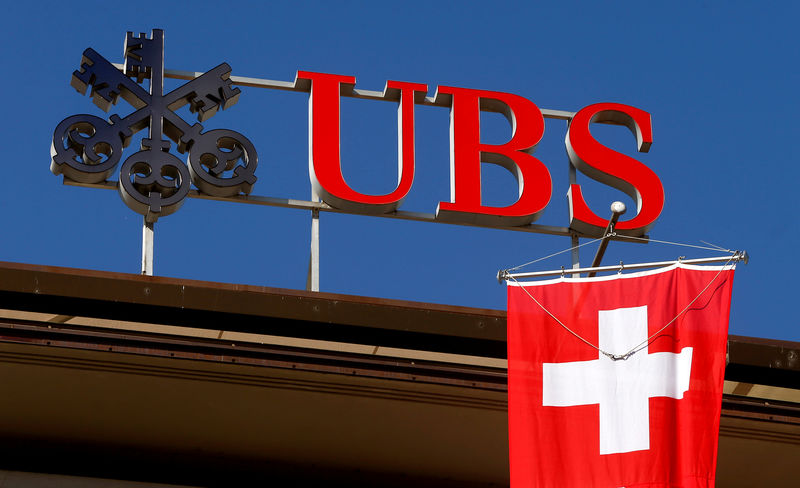By Geoffrey Smith
Investing.com -- The big bank earnings season in Europe got under way Tuesday, a week after Wall Street’s mixed bag left them with their best chance in ages of not looking shoddy by comparison.
UBS Group (SIX:UBSG) took up the challenge with gusto, announcing that it pulled in $15.7 billion in new money to its wealth management unit in the three months to September. That’s the key figure because the Swiss-based group has placed an increasingly concentrated bet on managing the money of the world’s richest people. Sadly for the rest of the sector, because wealth management is an area where UBS is uniquely strong for UBS, there's no obvious read-across for the rest of the sector.
It's still a pleasant enough situation for Iqbal Khan, the star banker who joined UBS as head of wealth management and heir apparent to CEO Sergio Ermotti at the start of October, to be arriving in. Khan and co-head Tom Naratil are due to present their ideas for taking the unit to the next stage by December, Ermotti told Bloomberg on Tuesday.
The bank was also able to post a $24 billion increase in net assets at its asset management unit, which takes care of the not-so-ultra-rich’s money. That, too, is something of an achievement in an increasingly challenging landscape for traditional money managers.
The bank’s shares rose 2.1% in response to the news initially, but soon pared them as the market digested the less pleasant elements of the release. Those included another $100 million to restructure a shrinking securities business, part of an investment bank that focuses on Asia and Europe rather than the healthier markets of North America.
Additionally, the bank warned that “low and persistent negative interest rates and expectations of further monetary easing will adversely affect net interest income compared with last year.”
There, at least, is a theme that one can confidently see recurring in other European bank earnings over the next couple of weeks.
By 5 AM ET (0900 GMT), UBS was up 1.2%, outperforming most of its peers, on a morning when most European markets were heading sideways or drifting lower amid lingering doubts on the ability of the U.K. to stop itself sailing on to the rocks of a Hard Brexit. The Euro Stoxx 600, which hit a 17-month high on Monday, was down 0.3% at 393.66, while the German DAX was flat and the FTSE 100 was up 0.2% as the pound slid ahead of the latest attempt by the U.K. parliament to approve an EU withdrawal bill. A vote is due after the European market close later.
